Wildfire Insurance Claim Negotiation: Insights from a Legal Expert
After a devastating event, such as a wildfire, filing an insurance claim is crucial to receive the compensation needed for recovery and rebuilding. However, negotiating a fair settlement for wildfire insurance claims can be a challenging process. In this article, we will provide valuable insights from our legal experts to help you navigate the negotiation phase and ensure you receive a fair and equitable settlement.
1. Understand the Scope of Your Policy
Before entering into negotiations, thoroughly review your insurance policy. Familiarize yourself with the coverage limits, deductibles, and exclusions. Understanding the specific terms of your policy will give you a strong foundation during negotiations and enable you to assess the fair value of your claim.
2. Document and Assess the Damage
Comprehensive documentation of the damage caused by the wildfire is crucial. Take photographs, videos, and written notes that clearly depict the extent of the destruction to your property, structures, and personal belongings. Additionally, work with professionals such as public adjusters or appraisers to assess the value of the losses accurately.
3. Consult with an Insurance Claims Attorney
Consider engaging the services of an experienced insurance claims attorney who specializes in wildfire cases. They possess the expertise and knowledge to navigate the complex insurance landscape and negotiate on your behalf. An attorney will ensure that your rights are protected, the negotiation process is fair, and the settlement offer is in line with your losses. Law Eagles are trusted Fire and Smoke Attorneys of California, and ready to step in to fight for your fair compensation.
4. Evaluate the Initial Offer
Once the insurance company presents an initial settlement offer, carefully evaluate it in consultation with your attorney. Assess whether the offer adequately covers all your losses and expenses. Remember, the initial offer may be lower than what you deserve, so be prepared to negotiate for a higher settlement.
5. Gather Supporting Evidence
To strengthen your negotiation position, gather additional supporting evidence. This can include expert assessments, independent appraisals, repair estimates, and records of any temporary living expenses incurred due to displacement. Such evidence will provide objective support for the value of your claim.
6. Keep Detailed Records
Throughout the negotiation process, maintain detailed records of all communication with the insurance company. Keep a log of phone calls, emails, and letters exchanged, noting the date, time, and names of the representatives involved. These records will help protect your rights and provide evidence if any disputes arise.
7. Be Prepared to Counteroffer
If the initial settlement offer falls short of your expectations, be prepared to counteroffer. Your attorney will guide you through this process, ensuring that your counteroffer is fair and substantiated with evidence. Negotiations may involve multiple rounds, so remain patient and persistent in advocating for a fair settlement.
Conclusion
Negotiating a fair settlement for wildfire insurance claims requires a strategic and informed approach. By understanding your policy, documenting the damage, seeking professional assistance, and gathering supporting evidence, you can strengthen your negotiation position. Remember to consult with an insurance claims attorney, who will provide valuable insights and guide you through the process. With their expertise and your determination, you can increase your chances of securing a fair and equitable settlement to aid in your recovery and rebuilding efforts after a devastating wildfire. Law Eagles are here to help if you need legal assistance on your wildfire insurance claim.

